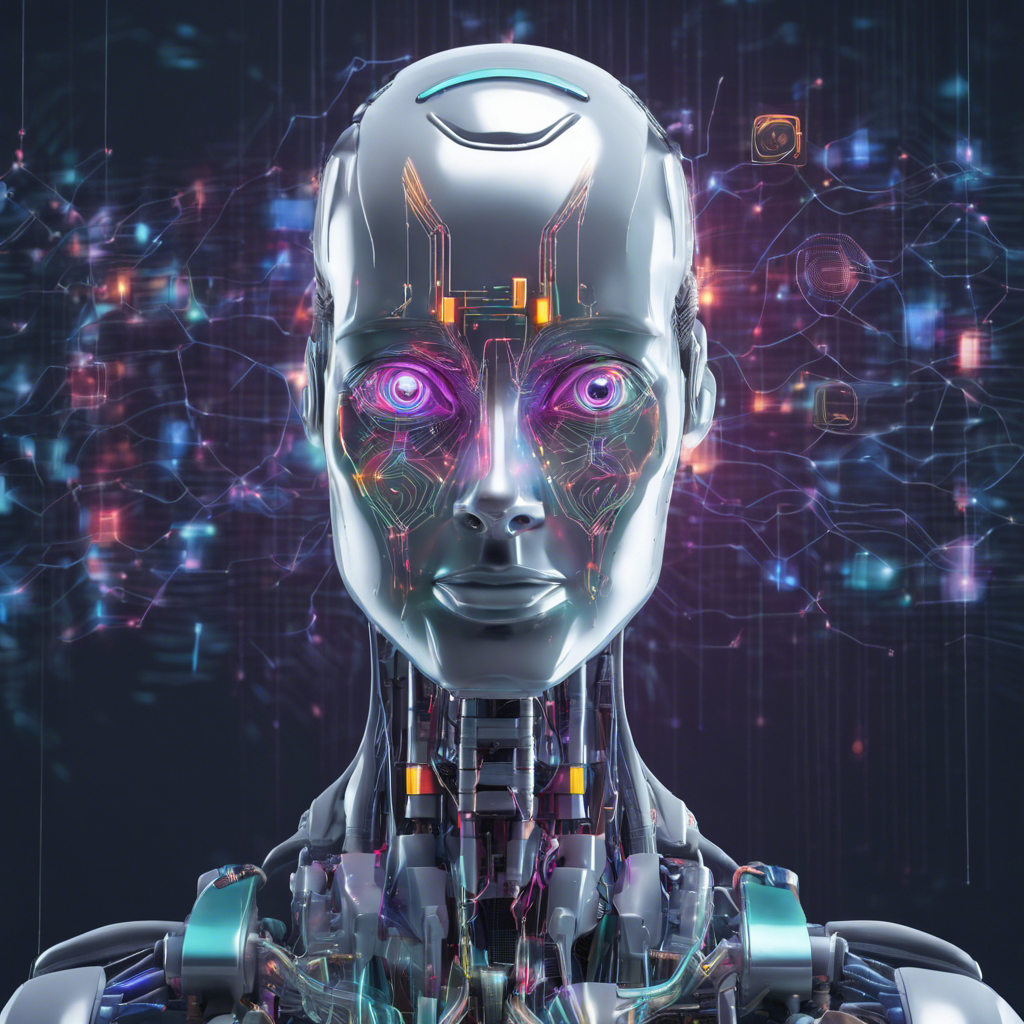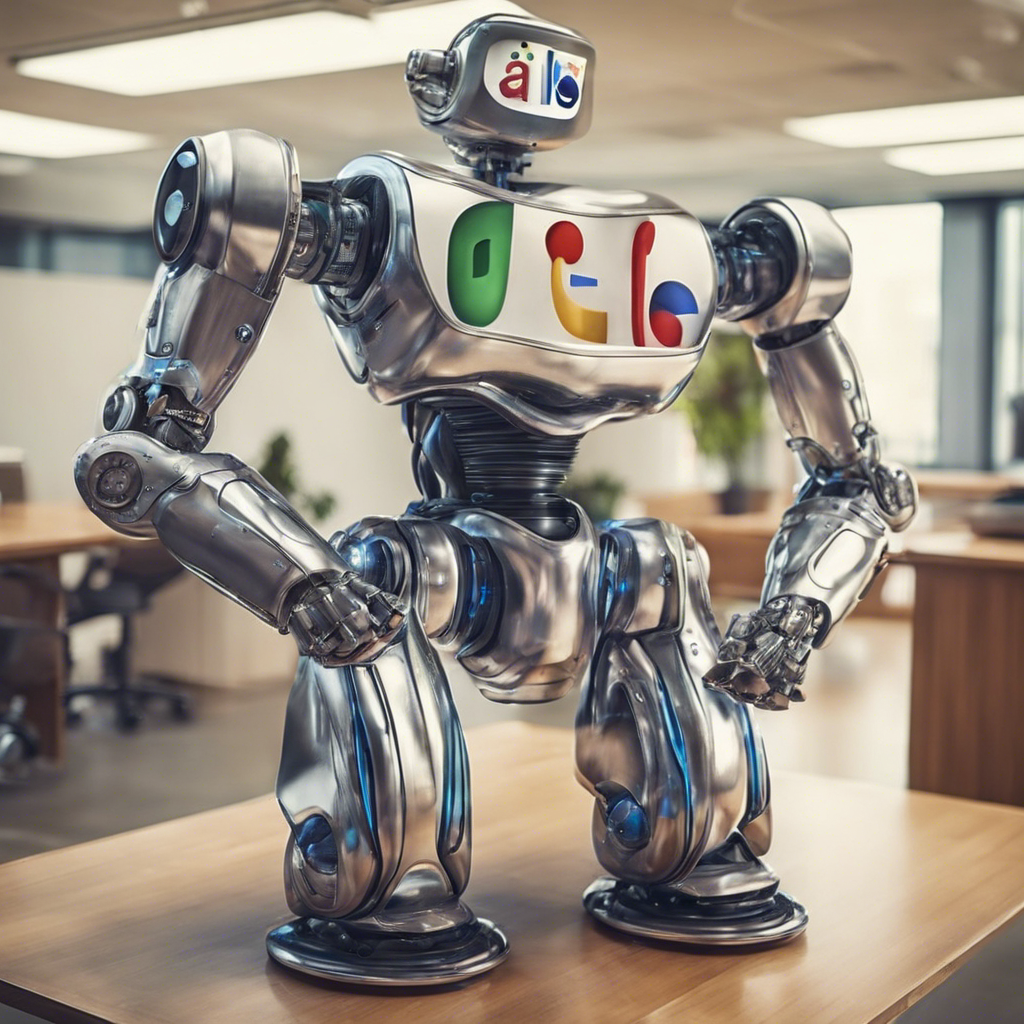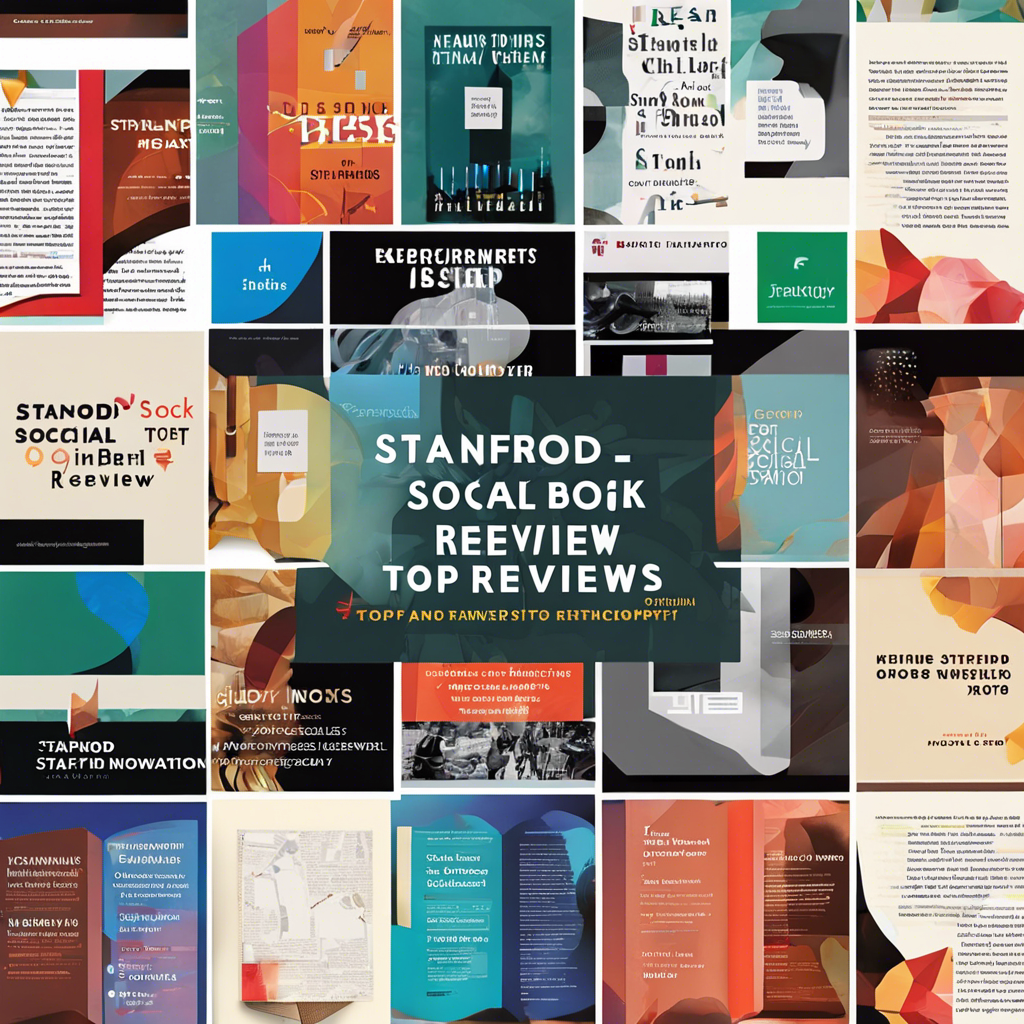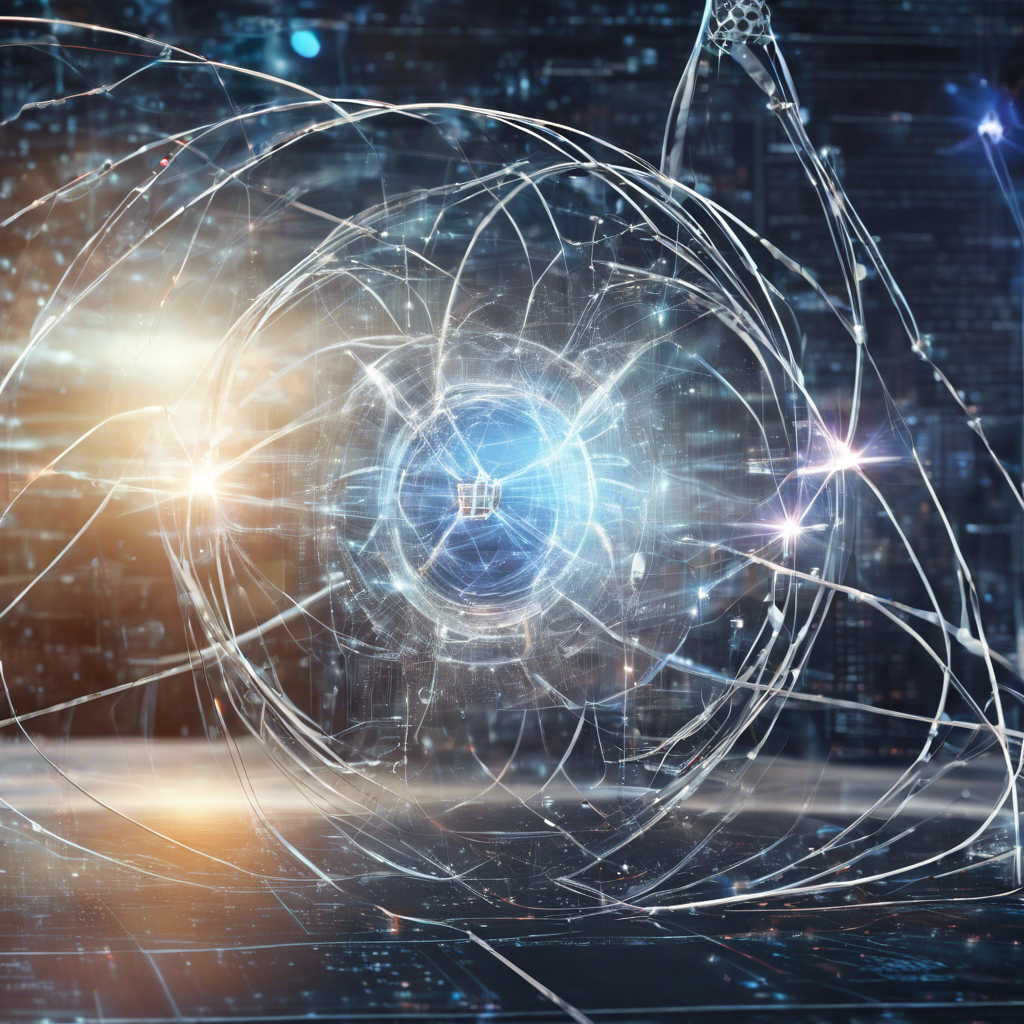Researchers at the University of California, Berkeley find that AI systems lack the crucial human ability of innovation, according to a study published in Perspectives on Psychological Science.
Artificial intelligence (AI) has long been hailed as the future of technology, with many envisioning a world where AI systems surpass human capabilities. However, a recent study conducted by researchers at the University of California, Berkeley has shed light on a significant limitation of AI – its inability to innovate. While humans, both young and old, possess the capacity to find novel uses for everyday objects, AI systems struggle to view tools in a new way. The study, published in Perspectives on Psychological Science, highlights the stark contrast between the innovative capabilities of humans and the limitations of AI.
AI as a “Cultural Technology”
AI language models, such as ChatGPT, are trained on vast datasets containing billions of words and images generated by humans. This allows them to function as a “cultural technology” that summarizes existing knowledge, similar to writing. Eunice Yiu, a co-author of the study, explains that AI systems effectively serve as libraries or search engines, providing us with a condensed version of the collective culture and knowledge base. However, unlike humans, they struggle when it comes to innovating on these ideas.
The Experiment: Children and Adults vs. AI
To compare the innovative abilities of humans and AI systems, the researchers conducted an experiment involving 42 children aged 3 to 7 and 30 adults. Participants were presented with text descriptions of everyday objects and were asked to identify which objects would “go best” with another. The majority of both children and adults were able to correctly select the appropriate objects. In the next stage of the experiment, participants were asked to innovate on the expected use of everyday objects to solve problems. For example, they were asked how they could draw a circle without using a typical tool like a compass. The results showed that the majority of participants, both children and adults, were able to think creatively and select conceptually dissimilar tools that could fulfill the same function as the compass.
AI’s Performance in the Experiment
The same text descriptions were then provided to five large language models. The AI models performed well on the imitation task, with scores ranging from 59% to 83%. However, when it came to the innovation task, the AI models struggled. The best-performing model selected effective tools only 75% of the time, while the worst-performing model chose them only 8% of the time. This stark difference in performance highlights the limitations of AI when it comes to generating novel responses and innovative solutions.
AI’s Inability to Discover New Information
In a related experiment, the researchers found that children were able to discover how a new machine worked through experimentation and exploration. However, when the same evidence was provided to the large language models, they struggled to make the same inferences. This suggests that AI’s reliance on statistically predicting linguistic patterns falls short when it comes to discovering new information about the world.
The Future of AI and Learning from Children
While AI is still in its early stages of development, this study underscores the need to expand its learning capacity. Taking inspiration from children’s curious, active, and intrinsically motivated approach to learning could help researchers design new AI systems that are better equipped to explore the real world. Eunice Yiu suggests that by incorporating these qualities into AI systems, we may be able to bridge the gap between AI and human innovation.
Conclusion:
The study conducted by researchers at the University of California, Berkeley highlights a significant limitation of AI systems – their lack of innovation. While AI language models excel at summarizing existing knowledge, they struggle to generate novel responses and innovative solutions. The findings emphasize the unique capabilities of human beings, particularly children, in thinking creatively and finding new uses for everyday objects. As the field of AI continues to evolve, researchers can draw inspiration from children’s approach to learning to enhance the learning capacity of AI systems. While AI may never fully replicate the human ability to innovate, it has the potential to become a valuable tool in transmitting existing knowledge and expanding our understanding of the world.











